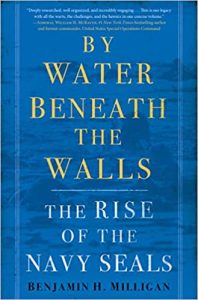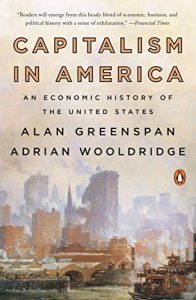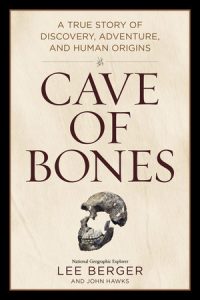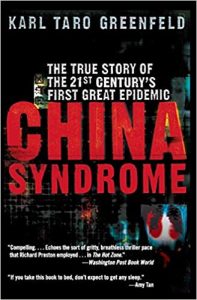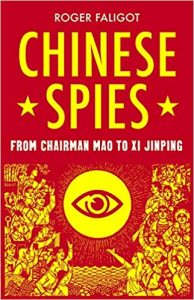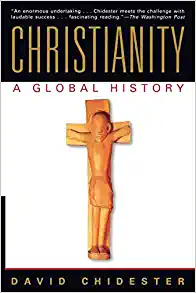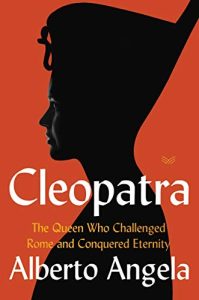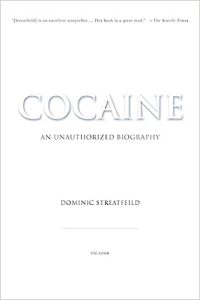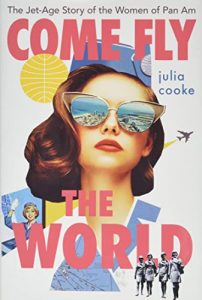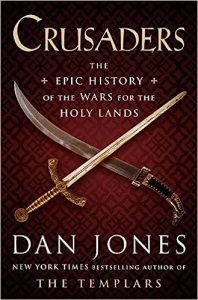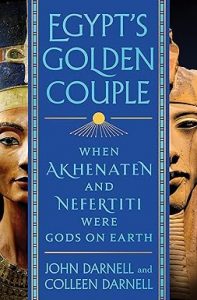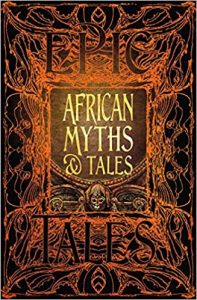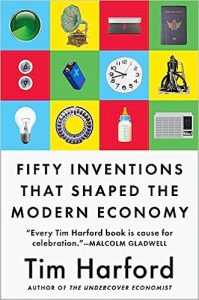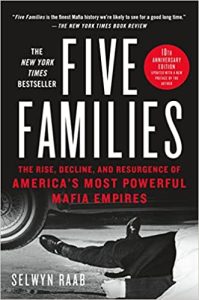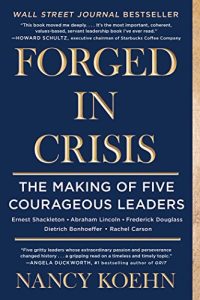By Water Beneath The Walls
₦10,000.00How did the US Navy—the branch of the US military tasked with patrolling the oceans—ever manage to produce a unit of raiders trained to operate on land? And how, against all odds, did that unit become one of the world’s most elite commando forces, routinely striking thousands of miles from the water on the battlefields of Iraq, Afghanistan, Syria, even Central Africa?
Behind the SEALs’ improbable rise lies the most remarkable underdog story in American military history—and in these pages, former Navy SEAL Benjamin H. Milligan captures it as never before.
Told through the eyes of remarkable leaders and racing from one longshot, hair-curling raid to the next, By Water Beneath the Walls is the tale of the unit’s heroic naval predecessors, and the evolution of the SEALs themselves. But it’s also the story of the forging of American special operations as a whole—and how the SEALs emerged from the fires as America’s first permanent commando force when again and again some other unit seemed predestined to seize that role.
Here Milligan thrillingly captures the outsize feats of the SEALs’ frogmen forefathers in World War II, the Korean War, and elsewhere, even as he plunges us into the second front of interservice rivalries and personal ambition that shaped the SEALs’ evolution.
In equally vivid, masterful detail, he chronicles key early missions undertaken by units like the Marine Raiders, Army Rangers, and Green Berets, showing us how these fateful, bloody moments helped create the modern American commando—even as they opened up pivotal opportunities for the Navy.
Finally, he takes us alongside as the SEALs at last seize the mantle of commando raiding, and discover the missions of capture/kill and counterterrorism that would define them for decades to come.
Written with the insight that can only come from a combat veteran and a member of the book’s tribe, By Water Beneath the Walls is an essential new history of the SEAL teams, a crackling account of desperate last stands and unforgettable characters accomplishing the impossible—and a riveting epic of the dawn of American special operations.

